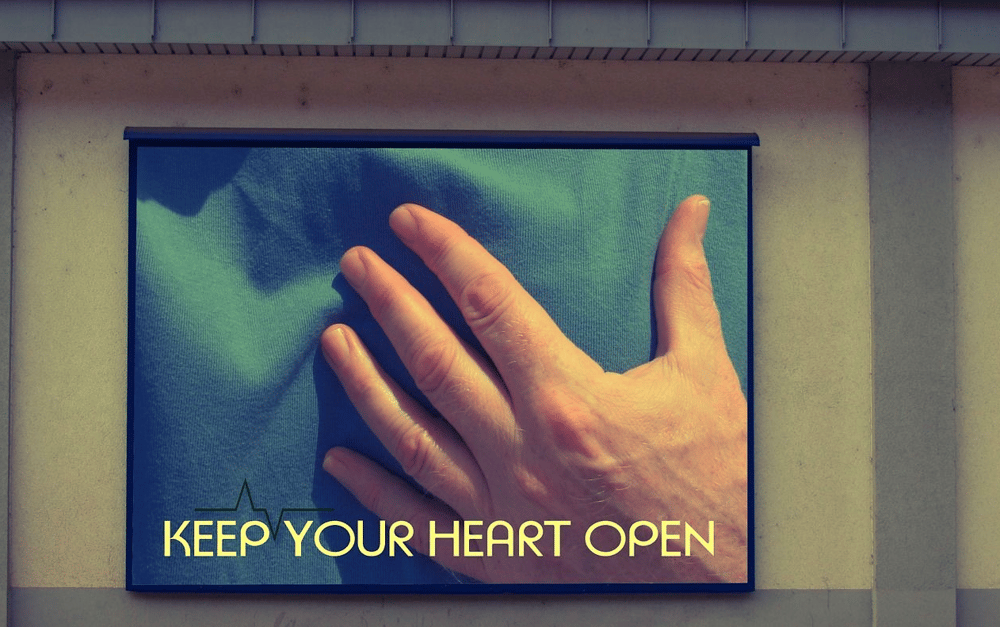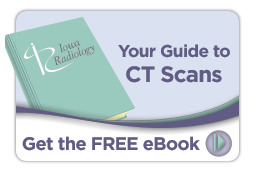 A cardiac calcium test uses CT scanning to determine the amount of calcified plaque buildup in the coronary arteries, which helps doctors assess the presence of coronary artery disease and the risk of associated events such as heart attack and stroke.
A cardiac calcium test uses CT scanning to determine the amount of calcified plaque buildup in the coronary arteries, which helps doctors assess the presence of coronary artery disease and the risk of associated events such as heart attack and stroke.
What is coronary artery disease?
Coronary artery disease (CAD) occurs when the coronary arteries, which supply blood to the heart, become damaged. This typically happens as a result of the buildup of fats and other substances in the coronary arteries, which then calcifies (hardens), restricting blood flow and, as a result, limiting the heart’s supply of oxygen and nutrients. This can cause a type of chest pain called angina and, over time, can lead to heart failure, heart attack, or stroke.
Why should I know my risk of CAD?
While angina can indicate the presence of CAD, sometimes, a heart attack is the first symptom that a patient notices. Understanding your personal risk of CAD will help guide your and your doctor’s decision making about preventive measures such as medications and lifestyle changes, giving you a better chance of avoiding CAD-related health events. On the other hand, a low cardiac calcium score can prevent unnecessary prescription of statins.
How does a cardiac calcium test work?
A cardiac calcium test uses a CT scan to examine the degree of calcified plaque buildup in the coronary arteries. Unlike a simple X-ray, a CT scan takes multiple images of the area of interest and compiles them into a three-dimensional image that the radiologist can examine in detail. Based on the results of this imaging test, a score is assigned that indicates the amount of plaque detected. A score of zero indicates no evidence of CAD and very low heart attack risk. Mild evidence of CAD and moderate heart attack risk are associated with scores of 11-100, and scores over 400 signal extensive plaque buildup and high risk of heart attack.
Should I have a CT scan for cardiac calcium?
Cardiac calcium scoring is a screening test that may be recommended for patients who have significant risk factors for CAD, even if they don’t have any symptoms. Risk factors include
- Tobacco smoking
- Family history of heart disease
- High LDL cholesterol
- Overweight or obesity
- Physical inactivity
- Diabetes
If you have one or more of these risk factors, discuss the possible benefits of a CT cardiac calcium test with your doctor.
Are there risks involved in a cardiac calcium test?
Like any CT scan, a cardiac calcium test uses X-rays to create images. X-rays are a form of ionizing radiation, which is associated with an increased risk of cancer. The Radiological Society of North America estimates that the radiation dose used in the exam presents a low risk of cancer and is roughly equivalent to what an individual would absorb from natural sources (such as sunlight and radon) over the course of a year. However, because of the radiation involved, CT scanning is generally not recommended for pregnant women unless it’s medically necessary.
Additionally, a high cardiac calcium score can lead to further testing, which can involve separate risks. Discussing decisions about testing with your doctor can help you make choices that provide you the greatest clinical benefit without exposing you to unnecessary risks.
What else should I know about CT cardiac calcium scoring?
Research indicates that in addition to providing important information about the risk of CAD, patients’ cardiac calcium scores can also offer insight into the risk of other serious diseases, including kidney disease, cancer, and chronic obstructive pulmonary disease (COPD). A 10-year study of more than 6,000 patients showed an increased risk of developing these illnesses over the decade following a cardiac calcium score of more than 400:
- 70% greater risk of kidney disease
- 53% increased risk of cancer
- 270% increased risk of COPD
A CT cardiac calcium test is painless, noninvasive, and takes only about 10–20 minutes to complete. No contrast dye is needed. Talk to your doctor about whether this exam would benefit you. If so, obtain a referral to begin the process of scheduling an appointment. For more information about cardiac calcium scoring subscribe to our blog or click the link below to access our free ebook and learn more about CT scans.


